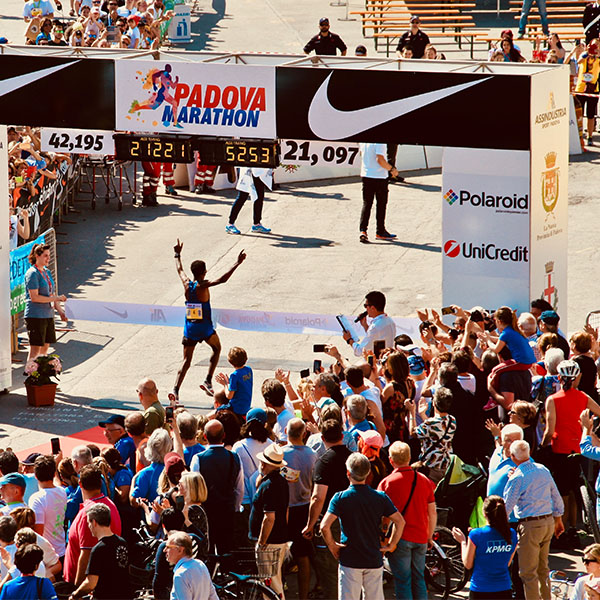In sport, there’s no shortcut: if an athlete wants to consistently perform well and keep getting better, they must train.
But this isn’t just physically demanding. Training can be mentally draining, which can get in the way of any athlete’s progress and, ultimately, success in competition.
It may not be completely avoidable, but coaches should aim to help reduce mental fatigue before it harms their athletes' performance. So, what causes mental fatigue and what can you do about it? Here’s what research says…
What causes mental fatigue?
Research shows there are four main causes of mental fatigue:
- Task difficulty
- Task engagement
- Task enjoyment
- Task duration
As a coach, if you don’t consider all four of these factors when planning a session and make tasks too difficult, not engaging or enjoyable enough or too long, your athletes’ mental load will increase. And if that continues, it will eventually turn into mental fatigue.
What are the effects of mental fatigue?
Fatigue is normal after training hard. However, too much of it, especially before or during practice, can negatively affect your athletes, by:
- Decreasing their motivation
- Displaying poor tactical decisions
- Performing fewer successful actions
- Increasing their rate of perceived effort and exertion
- Decreasing performance levels
- Allowing for less control over emotions such as stress and frustration
The importance of managing mental load
These negative consequences are too big to ignore. So, where do you start? Well, like we said earlier, mental fatigue comes from poorly managed mental load, which is the cognitive effort your athletes exert to complete a task.
The good news is that research shows coaches can influence their players’ mental load and fatigue by manipulating time pressure, which is the time athletes have available to make decisions. Essentially, the less time is available, the more mentally challenging tasks become – and the higher the pressure level attached.
But this doesn’t mean you should give your athletes unlimited time on tasks – the research also found that when the task was too long, athletes’ mental load increased. This could have been caused by a reduction in task engagement. If athletes spend too long on a task, they’ll get mentally fatigued over time.
More time pressure also makes it harder for athletes to control their emotions. In turn, a build-up of excessive and negative thoughts will increase their cognitive activity and mental load, producing mental fatigue.
The time pressure associated with practice can also affect your athletes’ physical training. It has been found that when they know the length, physical and mental demands of a task, their rate of perceived effort and exertion increases. In other words, they’ll feel less able to put the required effort in and won’t benefit as much from the session. This can also create too much mental fatigue too early in the session – bringing all the negative effects we discussed earlier.
7 tips to reduce mental load and mental fatigue in sport
To better manage your athletes’ mental load and fatigue, try implementing some of these tips into your next training session:
- Keep your task duration under control to keep your athletes engaged.
- Control the training load: if you have too much to cover, split it up into different sessions.
- Gradually apply more mentally demanding tasks to training sessions. For example, if you got players to shoot into an open goal for task one, add defenders for task two.
- Avoid telling athletes how long a task will take to reduce their perceived rate of effort and exertion.
- Limit common pre-match or training routines that induce mental fatigue, such as prolonged phone use.
- Manipulate time pressure to change players' mental fatigue and load.
- Tasks that are better understood are more enjoyable. Make sure your athletes fully understand what you’re asking them to do, and explain more than once if needed.
Final thoughts
Mental fatigue is detrimental to an athlete’s performance. In training, you want your athletes to be highly motivated and work consistently hard to improve their skills and performance.
But mental fatigue is only detrimental when you don’t know how to combat it. Fortunately, there are many ways to manipulate, reduce or even eliminate the factors that cause it in training. This means that during competition, athletes can perform at their peak.





